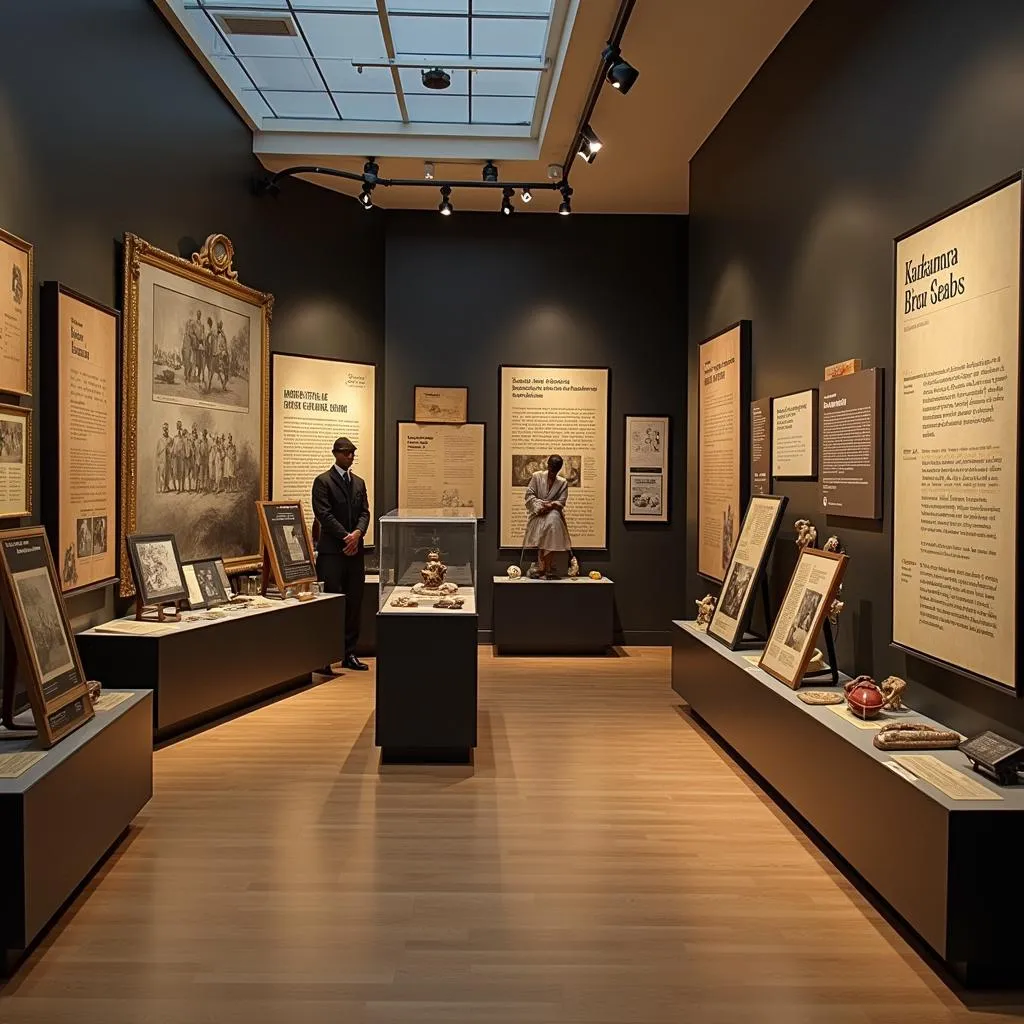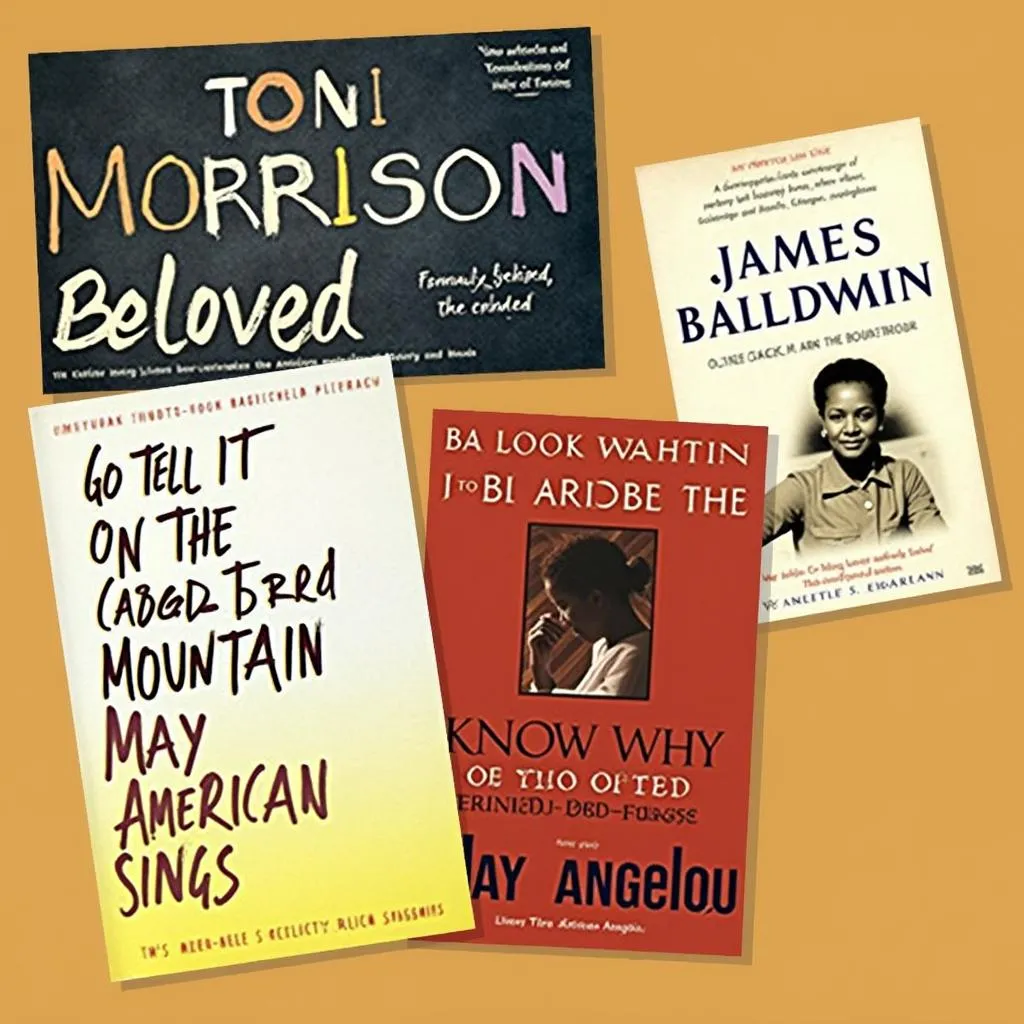Exploring the Rich Tapestry of African American Stories
African American history is a vibrant and complex tapestry, woven with threads of resilience, creativity, and struggle. From the harrowing journey of the transatlantic slave trade to the fight for civil rights and the blossoming of Black cultural expression, these stories are integral to understanding America’s past and present. They illuminate the triumphs and trials of a people who have persevered through unimaginable adversity, leaving behind a legacy that continues to shape the nation.
The Legacy of Slavery and the Fight for Freedom
The legacy of slavery casts a long shadow on African American history. Millions of Africans were forcibly transported to the Americas, enduring unimaginable suffering and brutality. They were stripped of their names, cultures, and families, and forced to labor under oppressive conditions. Despite the horrors of enslavement, African Americans found ways to maintain their humanity and resist oppression. They preserved aspects of their African traditions through music, dance, and storytelling. They developed complex systems of resistance, from sabotage and escape to underground networks like the Underground Railroad.
The Reconstruction Era and the Rise of Jim Crow
The end of the Civil War brought the promise of freedom and equality for African Americans. However, the Reconstruction era was a period of both progress and setbacks. African Americans played a significant role in shaping the South, serving in government, forming schools, and establishing businesses. However, the rise of Jim Crow laws and the resurgence of white supremacy in the late 19th century systematically denied African Americans their rights and freedoms.
The Civil Rights Movement and the Pursuit of Equality
The Civil Rights Movement of the 1950s and 1960s was a defining moment in the fight for racial justice. Inspired by the leadership of Dr. Martin Luther King Jr., Rosa Parks, and countless others, African Americans took to the streets in peaceful protests, sit-ins, and marches. Their unwavering courage and dedication to equality ultimately led to the passage of landmark legislation, including the Civil Rights Act of 1964 and the Voting Rights Act of 1965.
African American Culture: A Celebration of Diversity and Resilience
African American culture is a rich and multifaceted expression of the Black experience. From the soul-stirring rhythms of blues and jazz to the powerful lyrics of hip hop, African American music has profoundly influenced American culture. African American literature, art, and film offer powerful reflections on the joys, sorrows, and triumphs of the Black experience. African Americans have consistently demonstrated their resilience and creativity, forging a unique cultural heritage that continues to inspire and amaze.
“The stories of African Americans are not just about hardship and struggle,” says Dr. Maya Johnson, a renowned historian specializing in African American history. “They are also stories of hope, triumph, and the enduring power of the human spirit.”
Preserving and Sharing African American Stories
The importance of preserving and sharing African American Stories cannot be overstated. These stories offer valuable lessons about resilience, perseverance, and the pursuit of justice. They challenge us to confront our nation’s history and work towards a future where equality and opportunity are a reality for all.
“By understanding African American history, we can better understand ourselves and our nation,” remarks Dr. Edward Washington, a prominent scholar of African American culture. “These stories are a testament to the strength and beauty of the Black experience.”
Exploring African American Stories: Where to Start
If you are interested in exploring African American stories, there are countless resources available. Museums, libraries, and archives offer a wealth of information. Literary works, films, and documentaries provide powerful insights into the Black experience.
Here are some ideas to get you started:
- Visit the National Museum of African American History and Culture in Washington, D.C.
- Read the works of African American authors such as Toni Morrison, James Baldwin, and Maya Angelou.
- Watch documentaries about African American history, such as “Eyes on the Prize” and “The Black Power Movement.”
- Engage in conversations with African Americans in your community.
Frequently Asked Questions:
Q: Why is it important to learn about African American history?
A: Understanding African American history is crucial for understanding America’s past, present, and future. These stories illuminate the complexities of race, inequality, and the pursuit of justice. They offer insights into the struggles and triumphs of a people who have shaped this nation in profound ways.
Q: How can I learn more about African American history?
A: There are many ways to learn more about African American history. Visit museums, libraries, and archives, read books, watch documentaries, and engage in conversations with people from diverse backgrounds.
Q: What are some of the challenges faced by African Americans in the United States?
A: African Americans continue to face systemic challenges related to race, inequality, and discrimination. These challenges include poverty, unemployment, lack of access to quality education and healthcare, and police brutality.
Q: What can I do to support the African American community?
A: There are many ways to support the African American community. Educate yourself about the challenges faced by African Americans, speak out against racism and injustice, support African American businesses and organizations, and participate in efforts to promote equality and social justice.
 The National Museum of African American History and Culture
The National Museum of African American History and Culture
 Essential Reads in African American Literature
Essential Reads in African American Literature
The stories of African Americans are a testament to the enduring spirit of humanity. By embracing these narratives, we can cultivate a greater understanding of ourselves and our world, paving the way for a more just and equitable future.

